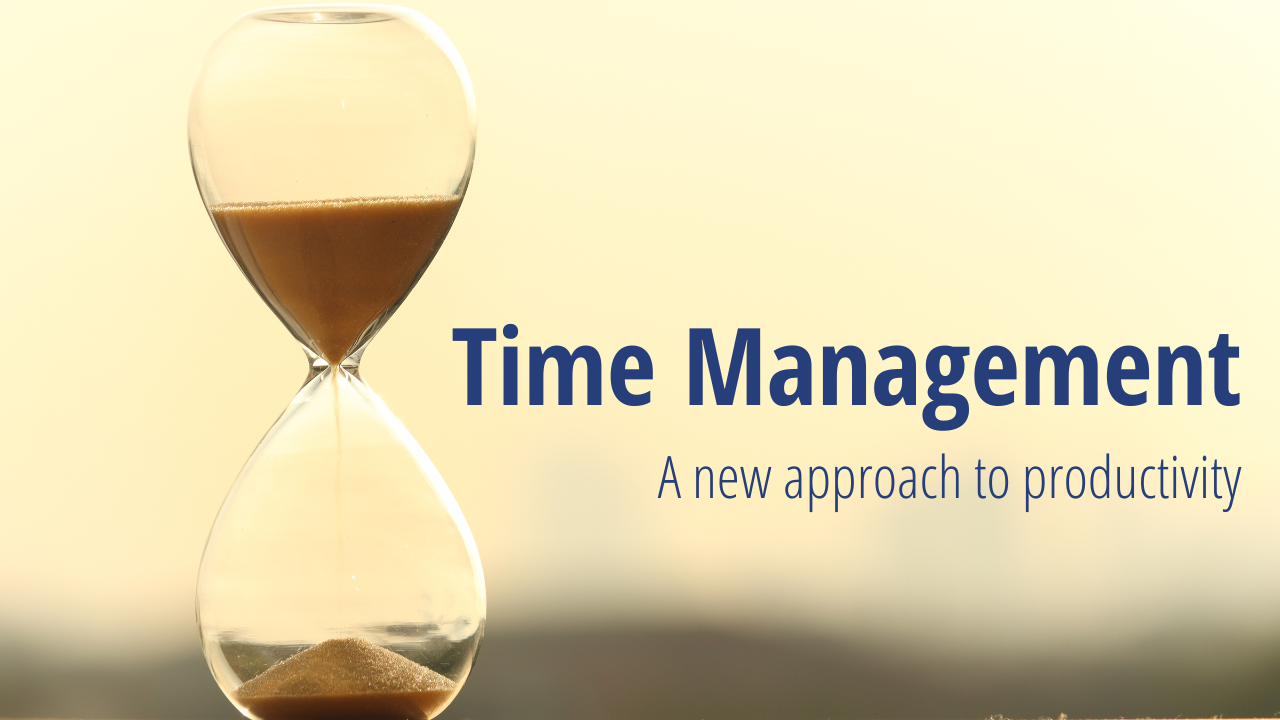What if you knew you had about 4,000 total weeks to live?
That life is finite (whatever your number of weeks). What would be important to you if you viewed everything through that lens?
That’s the premise of the book 4,000 Weeks: Productivity for Mortals by Oliver Burkeman (Escalate Members: This book is on its way to you.)
By the time you’re 20, you’ve used up a quarter of those weeks and pretty much spent that time learning to walk, going to school and growing up.
And, depending on your age, this realization of “4,000 weeks” could be coming when you’re 40, 50, 60 or more years old. Perhaps you’re over the 4,000 weeks already and that’s fabulous — it’s only an estimate.
How does this info change the way you spend your days?
It’s a different approach to time management and productivity. The knowledge that life is finite and, while we may not know the total number of weeks, there is a total. For my little sister, it was under 2,000 and neither of my parents reached 4,000.
It’s a very sobering thought.
Let’s break down an average week…
There are 168 hours in a week. Assuming 8 hours of sleep/night, there are 112 hours left. Assuming 2 hours/day for eating/showering/getting dressed, there are 98 hours left.
What else does your week include: Children? Exercise? Appointments (I’m two hours into getting my car worked on as I write this)? Family/Caregiving? House cleaning? Grocery shopping? Work (either a set schedule if you’re an employee or your own schedule if self-employed)?
Deduct those hours.
Rather than try to squeeze as much in as possible, how would your days/weeks change if:
- you focused first on those things that are important to you?
- you began your work day with a limited “get done” list that starts with your biggest priorities? Keep your master “to do” list separate to avoid overwhelm.
- you accepted (embraced?) that you’ll never get everything done and every choice means something else will either be deferred or never done?
- you choose to be fully present for every moment, every experience, and seek out the novelty in each (even the annoying sitting in traffic)?
- you decide (in advance!) what to fail at? Knowing you can’t master (or even just be good at) everything, what don’t you care about? For example, I’m horrible when it comes to putting things together and accept that I’ll never be in construction, nor will I ever build a computer from the ground up. 🙂
While my goal is to live much longer than 4,000 weeks, this book has given me a new perspective on my days.
